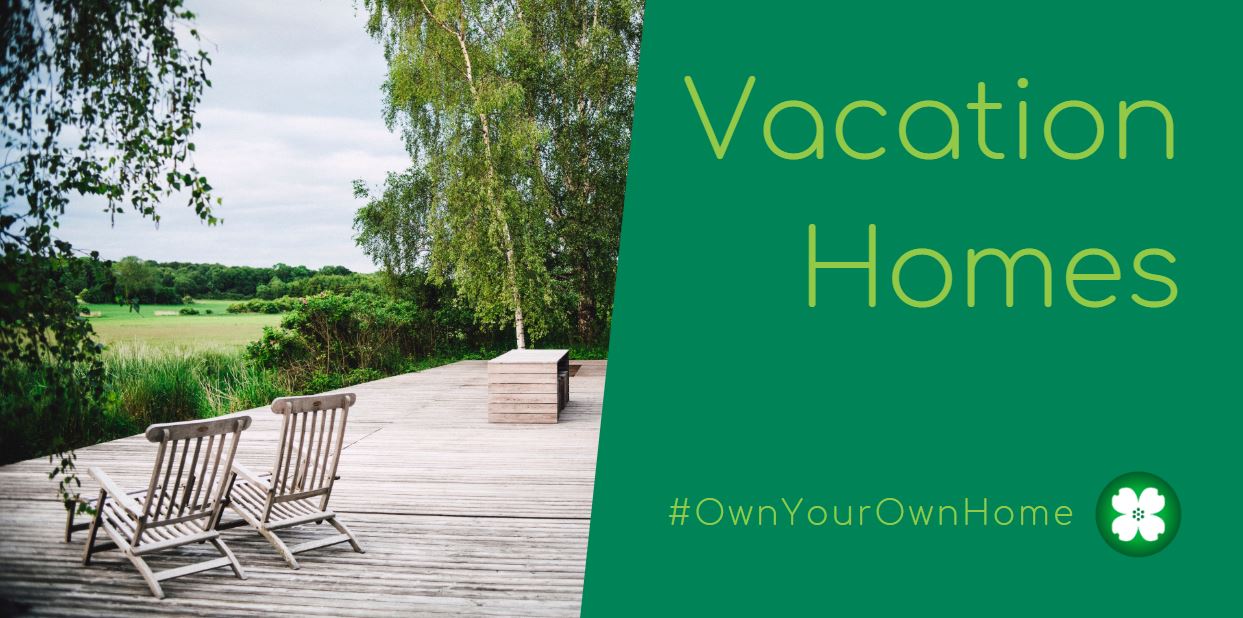
Vacation homes require a special type of insurance. Here are some things to consider when insuring your vacation home.
Vacation homes require a special type of insurance--one that protects your vacation home but doesn't overlap with your already existing homeowners insurance coverage. Here are some things to consider when insuring your vacation home.
What is covered under your primary residence's homeowners insurance?
Most homeowners insurance policies provide limited coverage for personal property at an additional residence. However, if your coverage needs for your vacation home exceed this amount, you're going to want to fill this gap by purchasing a policy that will cover your vacation home in its entirety. One way to do this is to purchase a dwelling fire policy.
What is a dwelling fire policy?
A dwelling fire policy is specially designed for a second home in that it provides coverage for the dwelling itself, along with your personal property. There are three types of dwelling fire policies:
- Standard form: This covers the building and contents from the perils of fire and lightning, and the removal of property from the dangers of fire and lightning
- Broad form: This covers your property from the above perils, plus windstorm, hail, explosion, riot and civil commotion, damage by aircraft or by vehicle, and smoke
- All-risk form: This covers the property from damage for all perils that are not specifically excluded on the policy
Just like your primary homeowners insurance policy, coverage for certain types of personal property may be limited (e.g., jewelry, money).
What about liability insurance?
Your primary residence's homeowners policy will provide liability coverage for you at your vacation home. In fact, it will provide liability coverage for you anywhere in the world. However, if you need more liability coverage, you may want to either increase the limits on your primary residence's policy or purchase an umbrella policy.
How much does it cost?
A dwelling fire policy is usually less expensive than your primary residence's homeowners insurance since it usually doesn't carry liability insurance. However, if your vacation home is located in a high-risk area (e.g., coastline, mountainside), if you rent your vacation home to others, or if you don't spend a lot of time there, your premiums may be higher. The good news is that you can usually save on your premiums by insuring your vacation home with the same company that provides coverage for your primary residence.
A vacation home is a wonderful luxury. As with any home, it's important that your investment is properly protected with the right insurance. Consult your insurance agent if you have any questions regarding the type of coverage that you have or to determine if your liability coverage is sufficient.
The information provided in these articles is intended for informational purposes only. It is not to be construed as the opinion of Central Bancompany, Inc., and/or its subsidiaries and does not imply endorsement or support of any of the mentioned information, products, services, or providers. All information presented is without any representation, guaranty, or warranty regarding the accuracy, relevance, or completeness of the information.
Category: Family & Estate
